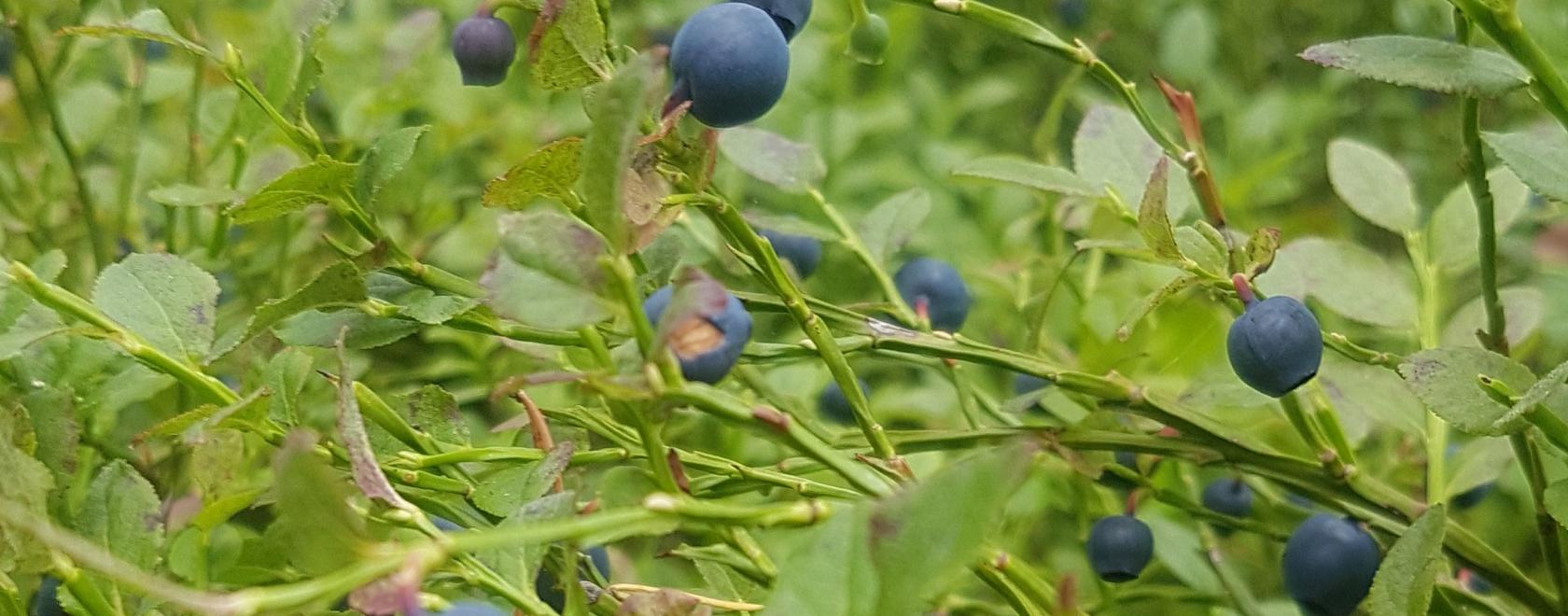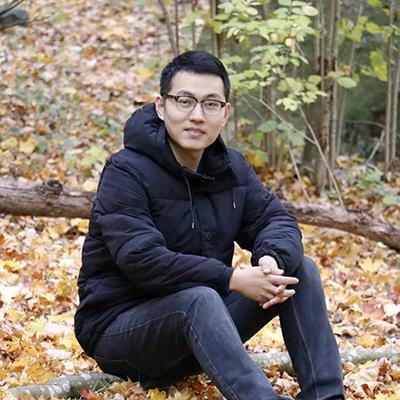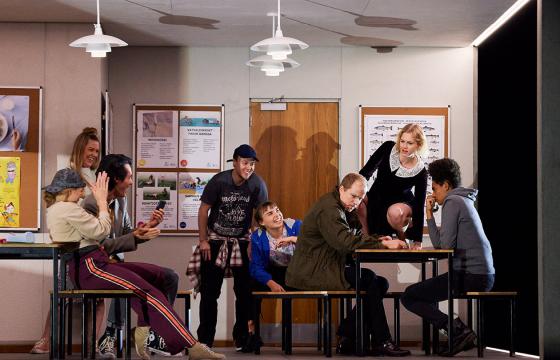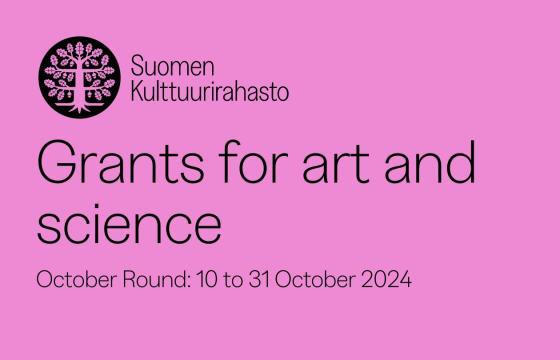
Text: Laura Iisalo
Bilberries are great. They have many proven health benefits, they taste good, and there is an abundance of them in the Nordic forests. Yet for some reason only five to eight percent of the berries are being harvested each year, while the rest is left to rot.
– It is a huge economic loss. If we could create new bilberry products that people enjoy, then maybe that could inspire companies to better utilise this natural resource, says Shuxun Liu, a doctoral candidate who is studying Food Chemistry and Food Development at the University of Turku.
Liu has a particular interest in turning berries into wine. He first looked into the subject during his master’s degree in his native China. Although consumption of traditional grape wines has risen there in recent years, a majority of Chinese are not too keen on the dry taste and wine has never been considered a necessity either historically or culturally.
Instead Chinese people prefer Baijiu, a liquor made of fermented sorghum that can have up to 60% alcohol by volume but according to Liu, old drinking patterns are changing. In recent years, especially younger people have become more health-conscious and they tend to go for drinks that have a lower alcohol content.
To meet these new demands, local wine makers have started to produce berry wines and the trend is growing fast. It was no surprise that when Liu started his master’s degree in Beijing, his supervisors asked him to look into the science of berry wine fermentation.
– It was not me who chose berry wine production, it was berry wine production that chose me, he jokingly says.
At first Liu used conventional Saccharomyces yeast to see how that changed the chemical compound of local mulberries, goji berries and bog bilberries. During his second year Liu decided to experiment by using only the indigenous yeast that is naturally found in the skin of the berries.
In five years’ time, if everything goes smoothly, there might be a new high quality wine made of Finnish bilberries available to purchase.
– I discovered that spontaneous fermentation is very different to the Saccharomyces yeast and that it affected the berry wine significantly. I was like, wow; I knew I needed to investigate it further, he says.
From laboratory to consumers
In 2016 Liu arrived at Turku University to start a new project researching bilberry wine production – only this time his focus was on nonconventional yeasts and their impact on the quality of the wine.
During his four years of doctoral studies Liu experimented with more than ten different yeasts and discovered that each non-saccharomyces yeast has a unique character, and that two of them were performing better than expected.
By using these alternative yeasts he was able to ferment bilberry wines that had a lower alcohol content, less acidity, longer-lasting colour, and a more vivid aroma profile than wines that were fermented using conventional yeasts.
Liu’s next mission is to upscale his production from laboratory to industrial level by collaborating with suitable companies. In five years’ time, if everything goes smoothly, there might be a new high quality wine made of Finnish bilberries available to purchase.
– The work is not done yet, but I hope so, because I do think that food science serves the public. The goal is to produce good products, Liu says.
You can read Liu's thesis Fermentation with Non-Saccharomyces Yeasts as a Novel Biotechnology for Berry Wine Production here.
In 2020 M.Sc. Shuxun Liu received a 9000 euros grant for his doctoral thesis, Fermentation with Non-Saccharomyces Yeasts as a Novel Biotechnology for Berry Wine Production.



